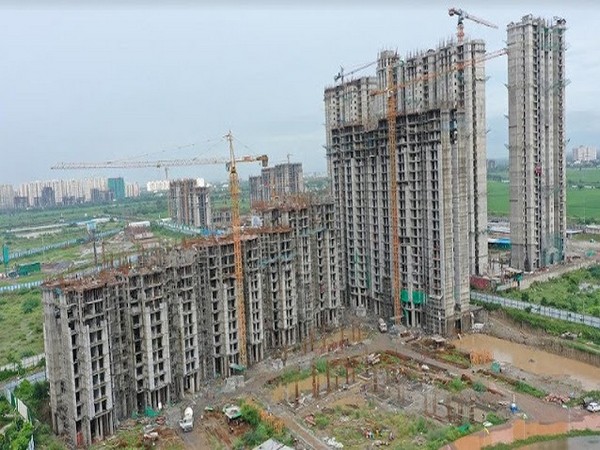
New Delhi [India], April 8 (ANI): The Reserve Bank of India’s decision to keep the policy repo rate at a low level of 4 per cent will benefit the real estate sector, industry experts said. In the first monetary policy review of the financial year 2022-23, the RBI kept the key policy repo rate unchanged for the 11th time in a row. The repo rate is kept unchanged at 4 per cent and the reverse repo rate at 3.35 per cent. “All through the pandemic, RBI has taken a pro-growth stance and maintained the same in today’s MPC meeting as well.
It comes as no surprise that RBI has decided to maintain the status quo on the rates,” said Aditya Kushwaha, CEO and Director, Axis Ecorp. “We believe that continuing with the same rates will help sustain the demand momentum in the real estate sector. Access to home loans at affordable rates will help in improving the market sentiment and more people will be open to evaluating real estate as a good investment option,” said Kushwaha.
Vinit Dungarwal, Director, AMs Project Consultants Pvt Ltd said, “RBI in its MPC has tried to address the concerns regarding inflation and challenges due to the current geopolitical situation.” “By holding the interest rates, RBI is trying to incentivize people to continue to invest in real estate. It has also announced that it will continue to link home loans only with loan-to-value (LTV) ratios for new home loans till March 31, 2023. Keeping the rates untouched and linking home loans to LTV are positive steps for the real estate sector and help in short term demand creation,” said Dungarwal.
Shishir Baijal, Chairman and Managing Director, Knight Frank India, said, “Despite disruptions from geopolitical challenges as well as inflationary pressures, the RBI recognizes the need to maintain economic growth momentum.” “For the real estate sector, low-interest rates for a long period of time have served as a key catalyst for the resurgence of demand. The status quo on the repo rate will help maintain the current demand levels as interest rates for homebuyers and developers are likely to be maintained by financial institutions,” said Baijal. (ANI)


















